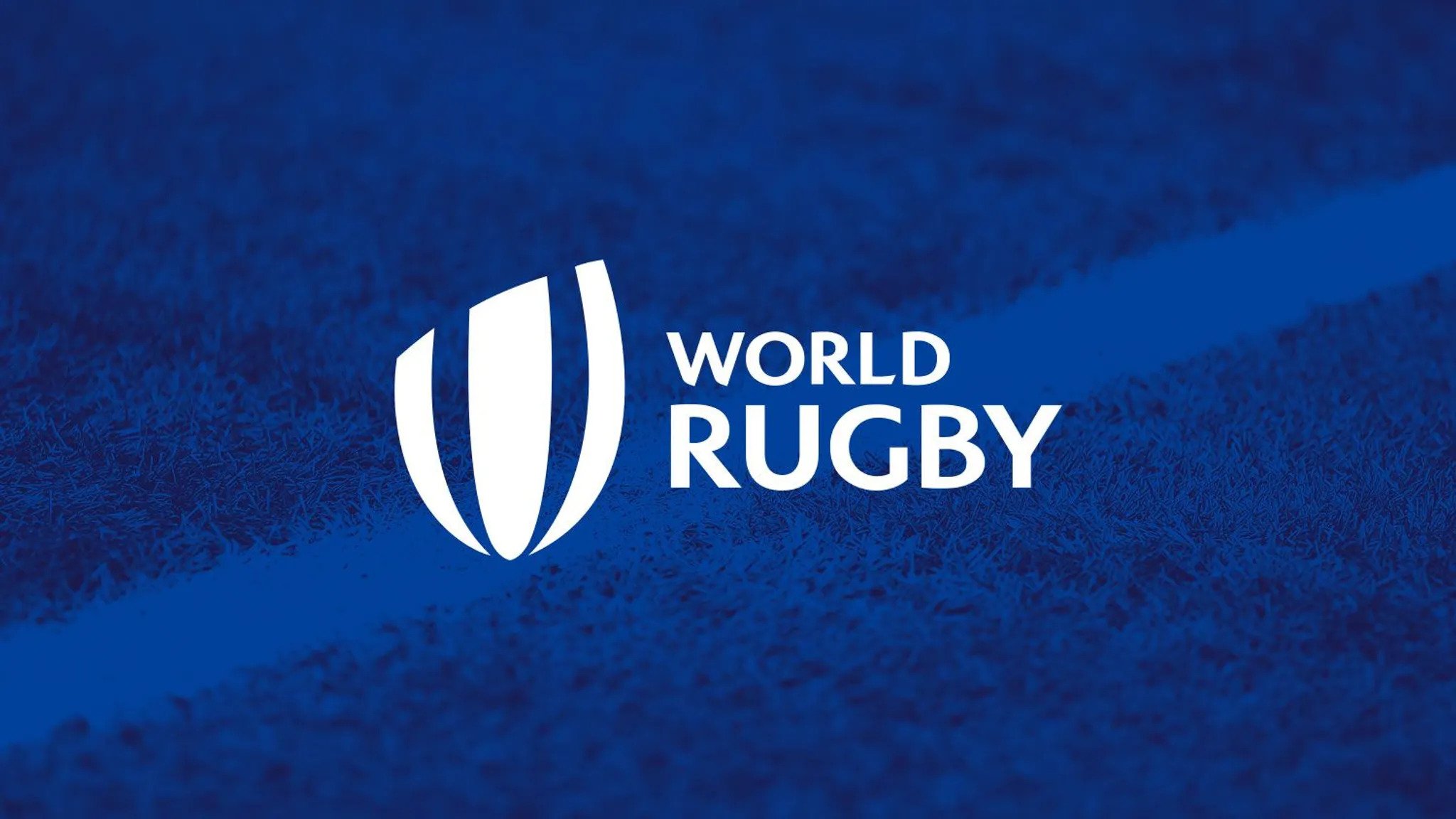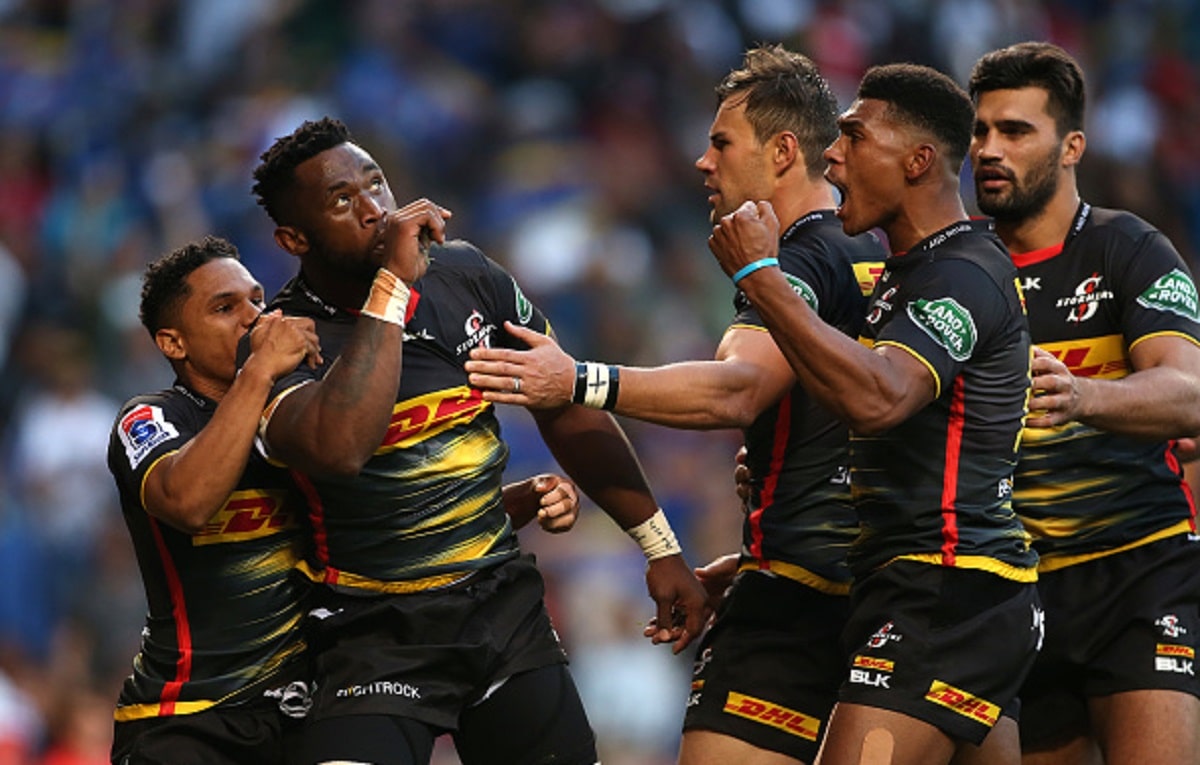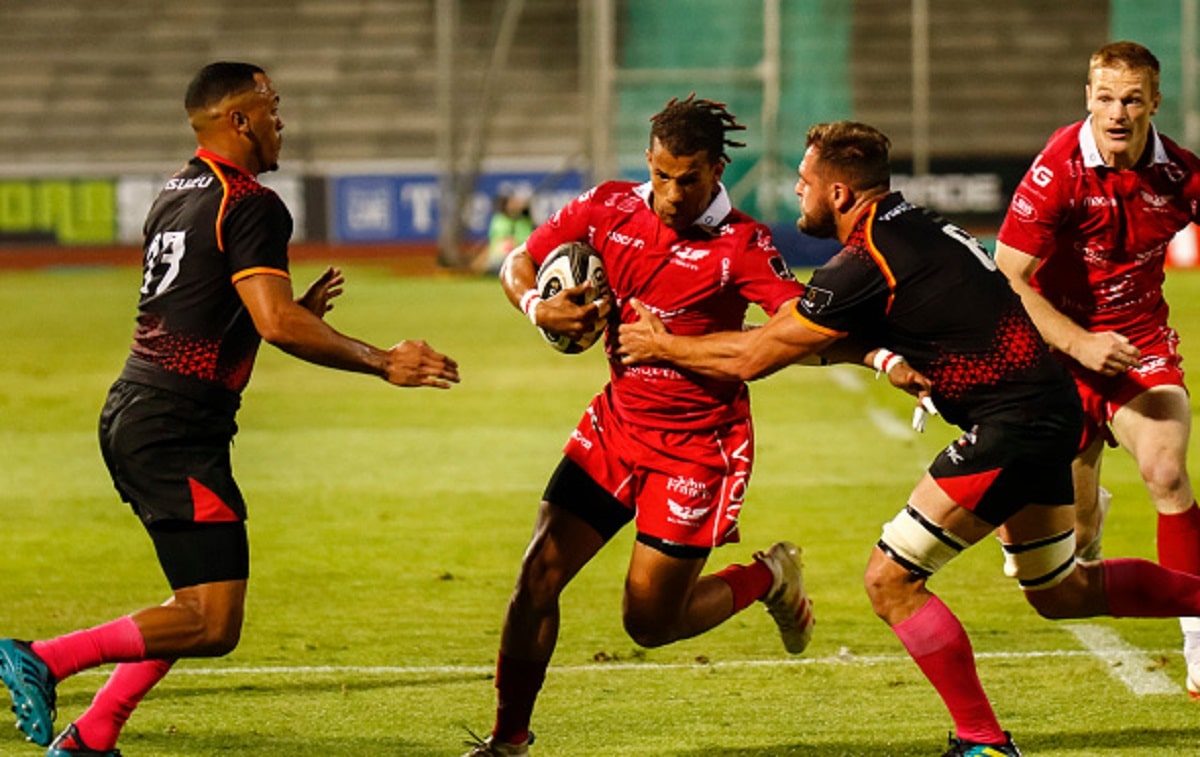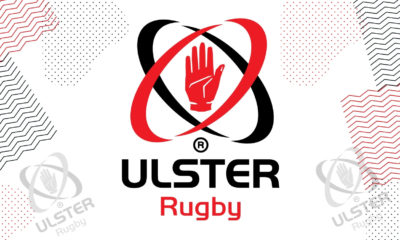Currie Cup
Pienaar Set for Cheetahs Debut
Ruan Pienaar looks poised to make his first South African club appearance in nine years

Springbok scrum-half Ruan Pienaar is set to make his debut for the Free State Cheetahs during Saturday’s clash with the Golden Lions.
Pienaar has been named on the bench for the Currie Cup match with the Cheetahs looking to make it three wins from three.
If he comes off the bench it will be his first appearance for a South African club in nine years, with his last game for a club in his homeland coming in 2010.
That was when he last lined-out for the Sharks, whom he represented between 2004 and 2010, gathering up 32 Currie Cup appearances and 67 Super Rugby games.
Pienaar left the Sharks for Irish province Ulster, where he went on to become a fan-favourite, reaching both the European Cup and PRO12 finals, only to be defeated by Leinster on both occasions.
He was also named in the league’s dream team, and consistently impressed until his departure in 2017, when the IRFU refused to renew his contract at Ravenhill.
He went on to sign for French outfit Montpellier before switching to the Cheetahs earlier in the summer.
Franco Smith’s side currently sit top of the Currie Cup table with 10 points from two games, however, the Golden Lions are only narrowly behind with nine from their opening two games.
Pienaar will be hoping to help his new side continue their winning run from the bench as both he and his teammates prepare for the upcoming PRO14 campaign.
6 Nations
World Rugby to introduce contact training restrictions

World Rugby and International Rugby Players (IRP) have published new contact training load guidance aimed at reducing injury risk and supporting short and long-term player welfare. The guidance is being supported by national players’ associations, national unions, international and domestic competitions, top coaches and clubs.
Earlier this year, World Rugby unveiled a transformational six-point plan aiming to cement rugby as the most progressive sport on player welfare. These new best-practice guidelines focus on the intensity and frequency of contact training to which professional rugby players should be exposed and have been shaped by consultation with players and coaches as well as leading medical, conditioning and scientific experts.
While the incidence of training injuries is low relative to that of matches, the volume of training performed means that a relatively high proportion (35-40 per cent) of all injuries during a season occur during training, with the majority of these being soft tissue injuries. Since the training environment is highly controllable, the guidelines have been developed to reduce injury risk and cumulative contact load to the lowest possible levels that still allow for adequate player conditioning and technical preparation.
Global study
The guidelines are based on a global study undertaken by IRP of almost 600 players participating across 18 elite men’s and women’s competitions, and a comprehensive review of the latest injury data. This reveals that training patterns vary across competitions, with an average of 21 minutes per week of full contact training and an average total contact load of 118 minutes per week. A more measured and consistent approach to training will help manage the contact load for players, especially those moving between club and national training environments. The research supports minimising contact load in training, in order that players can be prepared to perform but avoid an elevated injury risk at the same time. The guidelines aim to help strike that balance.
New ‘best practice’ training contact guidelines
World Rugby and International Rugby Players’ new framework [https://www.world.rugby/the-game/player-welfare/medical/contact-load] sets out clear and acceptable contact guidelines for training sessions, aiming to further inform coaches – and players – of best practice for reducing injury risk and optimising match preparation in season. The guidance covers the whole spectrum of contact training types, considering volume, intensity, frequency and predictability of contact, as well as the optimal structure of sessions across the typical training week, including crucial recovery and rest periods.
Recommended contact training limits for the professional game are:
- Full contact training: maximum of 15 minutes per week across a maximum of two days per week with Mondays and Fridays comprising zero full contact training to allow for recovery and preparation
- Controlled contact training: maximum of 40 minutes per week
- Live set piece training: maximum of 30 minutes set piece training per week is advised
The guidelines, which also consider reducing the overall load for players of particular age, maturity and injury profile (in line with the risk factors and load guidance published in 2019), will feature in the men’s and women’s Rugby World Cup player welfare standards.
Instrumented mouthguard research programme to inform effectiveness
World Rugby is partnering with elite teams to measure the ‘real life’ effect of these guidelines (in training and matches) and assess the mechanism, incidence and intensity of head impact events using the Prevent Biometics market-leading instrumented mouthguard technology and video analysis to monitor implementation and measure outcomes.
The technology, the same employed in the ground-breaking Otago Rugby Head Impact Detection Study, will deliver the biggest ever comparable bank of head impact data in the sport with more than 1,000 participants across the men’s and women’s elite, community and age-grade levels. The teams that have signed up so far are multiple Champions Cup winners Leinster, French powerhouse Clermont Auvergne and Benetton Treviso while discussions are ongoing with several other men’s and women’s teams across a range of competitions.
World Rugby Chief Executive Alan Gilpin said: “This important body of work reflects our ambition to advance welfare for players at all levels of the game. Designed by experts, these guidelines are based on the largest study of contact training in the sport, developed by some of the best rugby, performance and medical minds in the game. We believe that by moderating overall training load on an individualised basis, including contact in season, it is possible to enhance both injury-prevention and performance outcomes, which is good for players, coaches and fans.”
World Rugby Director of Rugby and High Performance and former Ireland coach Joe Schmidt added: “Training has increasingly played an important role in injury-prevention as well as performance. While there is a lot less full contact training than many people might imagine, it is our hope that having a central set of guidelines will further inform players and coaches of key considerations for any contact that is done during training.
“These new guidelines, developed by leading experts and supported by the game, are by necessity a work in progress and will be monitored and further researched to understand the positive impact on player welfare. We are encouraged by the response that we have received so far.
“We recognise that community level rugby can be an almost entirely different sport in terms of fitness levels, resources and how players can be expected to train, but the guidelines can be applied at many levels, especially the planning, purpose and monitoring of any contact in training.”
International Rugby Players Chief Executive Omar Hassanein said the guidelines are being welcomed by players: “From an International Rugby Players’ perspective, this project represents a significant and very relevant piece of work relating to contact load. We’ve worked closely with our member bodies in gathering approximately 600 responses from across the globe, allowing us to have sufficient data to then be assessed by industry experts. The processing of this data has led to some quite specific recommendations which are designed to protect our players from injuries relating to excessive contact load. We will continue to work with World Rugby as we monitor the progress of these recommendations and undertake further research in this area.”
Leinster coach Stuart Lancaster, who was involved in reviewing the study and advising the development of the guidelines, said: “We have a responsibility to make the game as safe as possible for all our players. For coaches, optimising training plays a significant role in achieving that objective. It is important that we do not overdo contact load across the week in order that players are fresh, injury-free and ready for match days. These guidelines provide a practical and impactful approach to this central area of player preparation and management.”
Ireland international and IRP Head of Strategic Projects and Research Sene Naoupu said: “While this is the first step of the implementation and monitoring process, it is an incredible outcome that shows just how much players care about this area. It also provides a foundation to review and determine future direction of implementation across the game, within an evidence-based injury-prevention programme for performance and welfare.”
World Rugby is also progressing a wide-ranging study of the impact of replacements on injury risk in the sport with the University of Bath in England, a ground-breaking study into the frequency and nature of head impacts in community rugby in partnership with the Otago Rugby Union, University of Otago and New Zealand Rugby, and further research specific to the professional women’s game. All of these priority activities will inform the decisions the sport makes to advance welfare for players at all levels and stages.
Currie Cup
Kolisi to Play First Match Since May
Springboks captain Siya Kolisi seems set to step up his recovery from injury ahead of the World Cup

Injured Springboks captain Siya Kolisi is poised to make his first appearance since May this weekend.
The 28-year-old flanker, who injured his knee during the Super Rugby season was ruled out of this year’s shortened Rugby Championship campaign but could line-out for Western Province this weekend.
TimesLive claim that Western Province head coach John Dobson has confirmed that Kolisi is fit to face the Pumas this weekend and could even start the game.
“Siya (Kolisi) is fit to play. I think our plan with Siya is to start him (against the Pumas). He will give the team a lot of confidence. That is the one thing the team needs,” he said.
The news will come as a huge boost for the Springboks who are looking to make a big impression at the World Cup and have been in impressive form so far in the Rugby Championship even without Kolisi.
It also appears as though Kolisi’s rehabilitation is going according to plan as before national team head coach Rassie Erasmus admitted that Kolisi would most likely return to Currie Cup action before jumping back to the international stage against Argentina next weekend.
“We plan to get him back into playing Test match rugby, hopefully in the match against Argentina (in Pretoria on 17 August), and then it’s on the plane with us to Japan. I think if we push him now to go with us to New Zealand, we might end up with more than a 50 percent chance that he won’t go with us to the World Cup,” he said last month.
It seems unlikely that Kolisi will be back to full match fitness before that clash with the Pumas next weekend but what is certain is that he appears to be winning his race to be back in the mix for World Cup selection.
Currie Cup
Blommetjies Moves Back to South Africa
Scarlets reject Blommetjies has made a switch back to South Africa following his unsuccessful spell in Europe

Fullback Clayton Blommetjies has signed for the Free State Cheetahs in South Africa following his release from the Scarlets.
Netwerk24 has reported that Blommetjies has been brought in by the Cheetahs for their Currie Cup campaign following an injury to Malcolm Jaer who will miss the entire tournament.
Blommetjies was released by the Scarlets following one season with the Welsh region during which he made only six appearances before moving to Leicester Tigers for the second half of the season.
It is believed that the Scarlets were unimpressed with the 28-year-olds fitness and this was a major reason in letting him go.
His first test for the Cheetahs will be against the Blue Bulls on July 19th.
Blommetjies came through the ranks at the Bulls before becoming a vital part of the Cheetahs side before his switch to the Scarlets.
He has represented the Cheetahs in Super Rugby and in the PRO 14, scoring six tries and assisting five during his final season with them.
It remains to be seen whether or not he will regain his old form, but the Cheetahs will hope for their sake that he will blossom once more.













